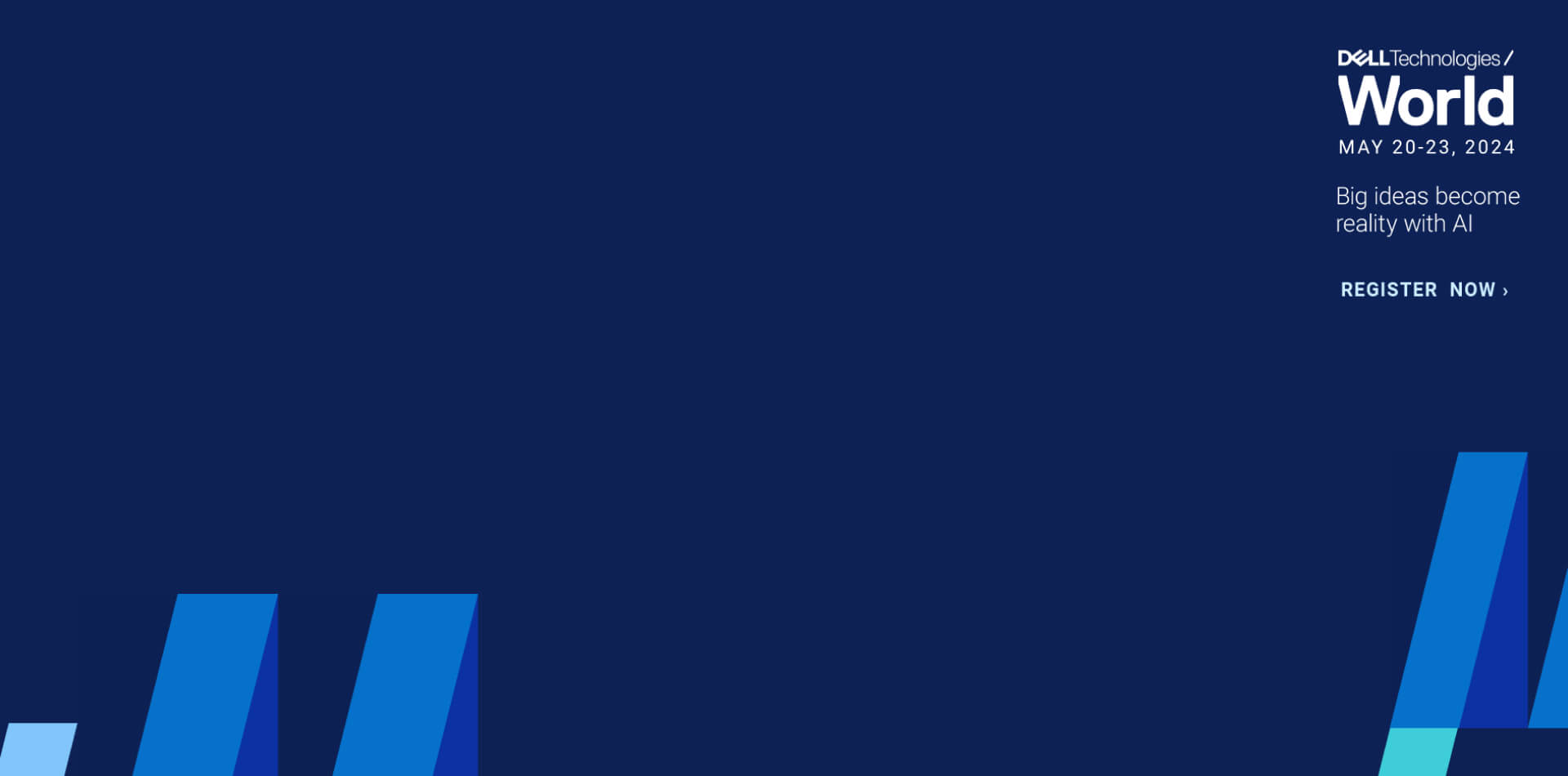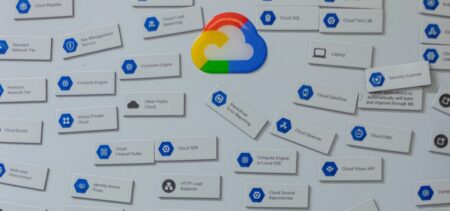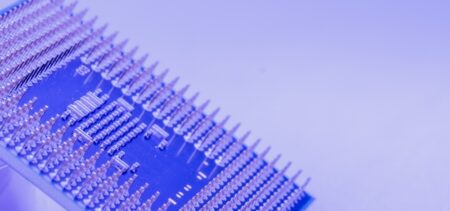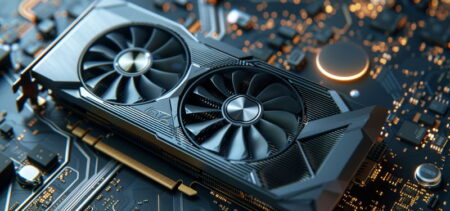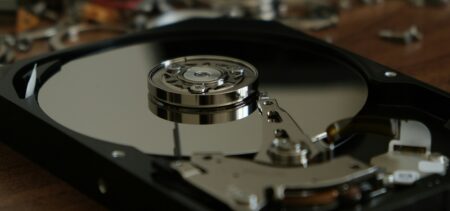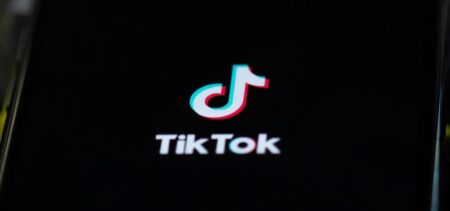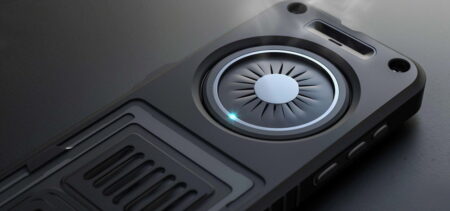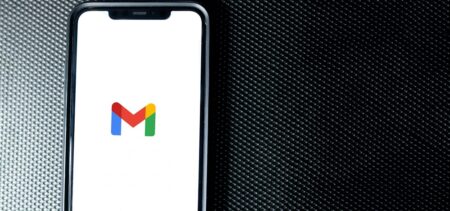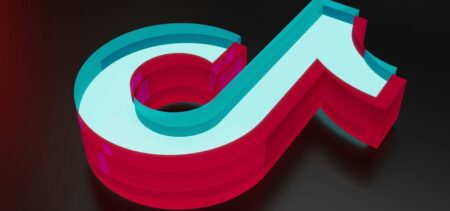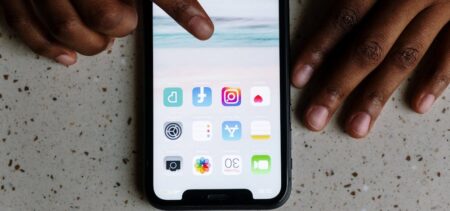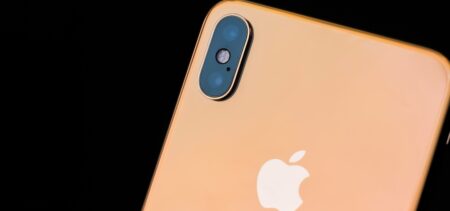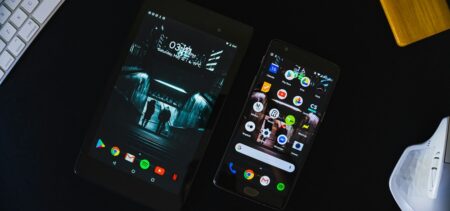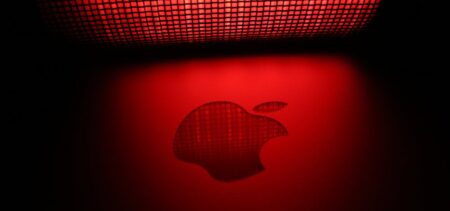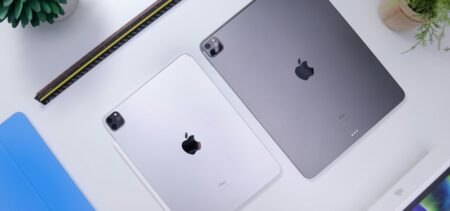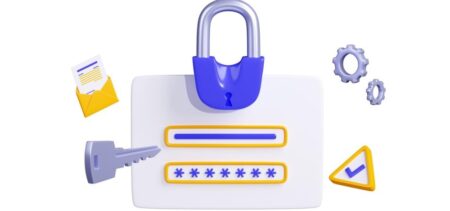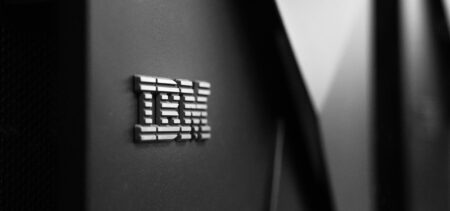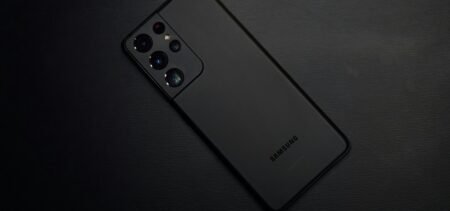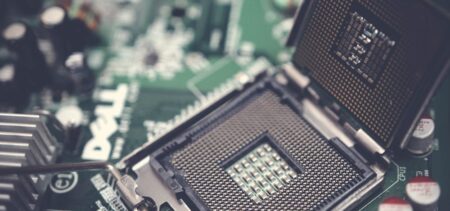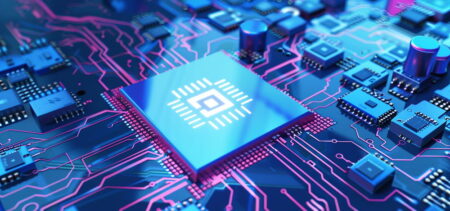Internet of Things is emerging as the third wave in the development of the Internet and is already changing the way all businesses, governments, and consumers interact with the physical world. The term refers to devices that collect and transmit data via the Internet. This includes everything from cell phones, wearable devices, industrial equipment, home appliances. Business today must adapt to a networked economy, with millions of companies connecting their supplier, customer, and partners to seamlessly engage in commerce.
How businesses can take advantage of IoT
The top adaptors of IoT solutions are businesses because of their potential to lower operating costs and increase productivity. The technology also enables businesses to expand to new markets or develop new product offerings. To summarize, IoT solutions can increase business opportunities, enhance asset utilization, optimize procedures, improve safety and security, increase productivity, lower costs. Researchers at Business Insider predict that there will be a total of 22.5 billion IoT devices in 2021, up from 6.6 billion in 2016, with $4.8 trillion in aggregate IoT investment between 2016 and 2021.
Choosing the right cloud IoT platform
The need for platforms to store, manage and analyze huge amounts of data is increasingly important, as businesses look to adopt the Internet of Things (IoT) by connecting devices to assets and relay that information back to their decision makers. It is estimated that more than 400 companies offer IoT platforms today. Enterprise software and service companies and IoT startups account for the largest portion of companies that claim to offer IoT platforms. Choosing the right platform for your business can be tricky, as the IoT platform market can be a bit of a jungle, with all of the big players promising the smartest service available. Selecting one platform over the others will come down to the wants and needs of each business and the workloads they are running. Organisations often use multiple providers within different parts of their operations. However, there are some differentiating factors that separate the approaches of major cloud computing vendors, which can help end-users consider which one is right for their business.
The best cloud IoT platforms compared
An ever-expanding set of cloud services to help an organization meet its business challenges, Azure IoT offers a rules engine, identity registry, information monitoring and device shadowing. The platform incorporates products such as IoT Hub, Stream Analytics, notifications hubs, Power BI and some pre-packaged machine learning to process and analyze vast amounts of device data. The service is free up to 8,000 messages per unit per day.
AWS IoT Core lets connected devices easily and securely interact with cloud applications and other devices. The platform can support billions of devices and trillions of messages and can process and route those messages to AWS endpoints and to other devices reliably and securely. The platform provides a device SDK, message broker, registry for recognizing devices, secure device gateway, device shadows and a rules engine to evaluate inbound messages. Although it can be quite expensive, Amazon’s platform probably offers the most comprehensive service of all the cloud providers.
The platform provides a comprehensive set of integrated services that help managers unlock their business insights in real time from data across globally dispersed devices. Google IoT Core is marketed as having an edge over its rivals through its focus on ‘intelligence’. Google also supports integration with IoT hardware makers such as Microchip and Intel. This platform allows your business to take advantage of Google’s private global fiber network. Pricing is done on a per-minute basis. You can even get a quick estimate of what your usage will cost, through a price comparison tool.
IBM IoT Platform allows customers to connect all of their devices and IoT device data into a repository, where the cognitive capabilities of Watson can be leveraged to gain insight into an IoT network to improve operations and even launch new business models. Some sample apps are available for anyone who wants to get a feel for how it all works. The platform is pay-as-you-go. You can start with a Lite account and upgrade when you’re ready. Pay for what you need or secure pricing with a subscription.
SAP has recently relaunched its IoT platform as a “digital innovation system”, as it seeks to allow customers to take advantage of emerging technologies like machine learning, artificial intelligence (AI), advanced analytics and blockchain on top of their business data. Before you buy, you can try a free 30-day trial that includes business intelligence (BI) functionality, Smart Assist features, and basic data source connectivity.
Oracle Cloud seems to be focusing on manufacturing and logistics operations. The platform allows you to extend the supply chain, enterprise resource planning, and customer experience applications to the physical world. Its intelligent predictive algorithms can be very useful. The price is calculated per device. There is a set number of messages per device, per month, with an additional cost if you go over this number.
Which one should you go with? This is a tough question that only you can truly answer. There is a lot to consider when selecting a storage solution for an IoT implementation. IoT-based data can accumulate very quickly. Your solution must scale rapidly with minimal impact on performance, so it’s always a good idea to select a vendor that can manage the capacity and growth.
